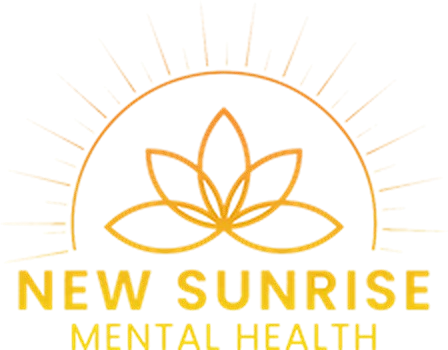
Depression Treatment at New Sunrise Mental Health
Understanding Depression
Depression is a multifaceted mental health disorder characterized by persistent feelings of sadness, hopelessness, and a lack of interest or pleasure in daily activities. It can lead to significant impairments in daily functioning, affecting work, relationships, and overall quality of life. Symptoms of depression can vary from mild to severe and may include changes in appetite, sleep disturbances, fatigue, and difficulty concentrating.
Causes of Depression
Depression can result from a combination of genetic, biological, environmental, and psychological factors. Some common contributors include:
- Genetic predisposition: A family history of depression can increase the risk.
- Biochemical factors: Imbalances in neurotransmitters such as serotonin, dopamine, and norepinephrine.
- Environmental stressors: Traumatic events, chronic stress, or major life changes.
- Psychological factors: include negative thought patterns and low self-esteem.
TMS Treatment for Depression
Transcranial Magnetic Stimulation (TMS) is an innovative, non-invasive treatment offered at New Sunrise Mental Health to manage depression. TMS uses a targeted pulsed magnetic field, similar to that used in an MRI machine. While the patient is awake and alert, TMS stimulates areas of the brain that are underactive in individuals with depression.
How TMS Works
During a TMS Depression treatment session, a magnetic coil is placed against the patient’s scalp, delivering magnetic pulses to stimulate nerve cells in the prefrontal cortex. This region of the brain is responsible for mood regulation and is often underactive in those with depression. By stimulating these areas, TMS helps to normalize brain activity, which can alleviate depressive symptoms.
Benefits of TMS for Depression
- Non-Invasive and Safe: TMS is a non-invasive procedure that does not require surgery or medication, making it a safe treatment option with minimal side effects.
- Effective: Clinical studies have shown that TMS can significantly reduce symptoms of depression, especially in patients who have not responded to traditional treatments. A study by George et al. (2010) found that TMS significantly reduced symptoms of major depressive disorder in patients who did not respond to conventional treatments1.
- Personalized Care: At New Sunrise Mental Health, TMS Depression treatment sessions are tailored to meet each patient's unique needs, ensuring a personalized approach to depression treatment.
- Quick Recovery: TMS Depression treatment sessions are brief, and patients can return to their daily activities immediately after treatment, without any downtime.
Studies Supporting TMS for Depression
Numerous studies have demonstrated the efficacy of TMS in treating depression.
- George et al. (2010): This study found that daily TMS Depression treatment therapy significantly reduced symptoms of major depressive disorder in patients who had not responded to other treatments1.
- O'Reardon et al. (2007): This multisite randomized controlled trial confirmed the efficacy and safety of TMS in the acute treatment of major depression, showing significant symptom improvement2.
- Berlim et al. (2013): A systematic review and meta-analysis showed that TMS is an effective treatment for patients with treatment-resistant depression, with a significant reduction in depressive symptoms3.
Comprehensive Approach
New Sunrise Mental Health integrates TMS Depression treatment into a comprehensive treatment plan that may include therapy, medication management, and support groups. This holistic approach ensures that all aspects of a patient's mental health are addressed, providing the best chance for recovery.
Contact Us
For more information about how TMS can help treat depression, please visit our website or contact New Sunrise Mental Health to schedule a consultation.
Footnotes
- George, M. S., et al. (2010). Daily left prefrontal transcranial magnetic stimulation therapy for major depressive disorder. Archives of General Psychiatry, 67(5), 507-516.
- O'Reardon, J. P., et al. (2007). Efficacy and safety of transcranial magnetic stimulation in the acute treatment of major depression. Biological Psychiatry, 62(11), 1208-1216.
- Berlim, M. T., et al. (2013). Efficacy and acceptability of high-frequency repetitive transcranial magnetic stimulation (rTMS) versus electroconvulsive therapy (ECT) for major depression: a systematic review and meta-analysis of randomized trials. Depression and Anxiety, 30(7), 614-623.
Get in Touch with us Today
Fill out the contact form below. We will reach out to you as soon as possible.
Thank you, we will get back to you as soon as possible.
Please try again later
All Rights Reserved | New Sunrise Mental Health





